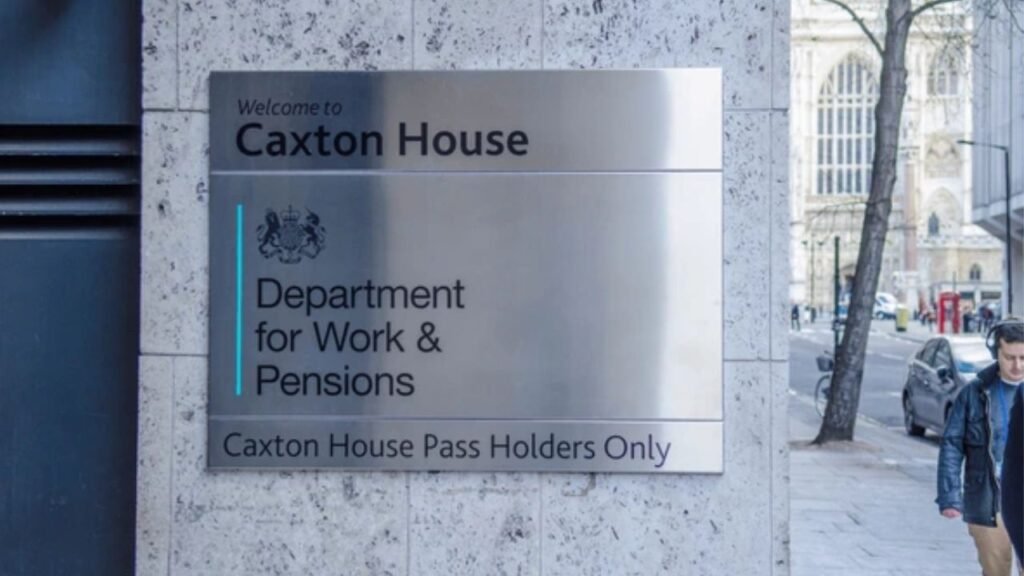The UK government is providing a substantial financial uplift to state pensioners aged 68 and above, promising a cumulative £18,000 boost through automatic annual increases. This enhancement is the result of robust Triple Lock safeguards and strong wage growth, ushering in a new era of improved benefits for seniors delivered seamlessly, without means testing or the need to apply.
| Status | Pension Age Setting |
|---|---|
| Current | 66 |
| By April 2028 | 67 |
| 2044–2046 | 68 |
Understanding the Triple Lock and Its Impact on Pensions
At the heart of this historic increase is the government’s Triple Lock policy. Each year, the State Pension rises by whichever is highest: 2.5%, the official rate of inflation, or average UK wage growth. Thanks to this rule, pensioners are protected from stagnant wages and surging living costs, ensuring their retirement income keeps pace with the economy.
How the £18,000 Increase Adds Up Over Time
For 2025–26, the full new State Pension is set at £230.25 per week, equivalent to £11,973 a year. With projected 2% increases (reflecting the Bank of England’s target inflation rate), over the next 1.5 years, payments for over-68s could grow beyond £18,000 especially if wage growth outpaces inflation. Each rise compounds, allowing pensioners to steadily gain without the need to take action.
Why Triple Lock Matters for Financial Security

Many British retirees rely heavily on State Pension for day-to-day expenses. The Triple Lock guarantee means even those with limited savings are not left behind as prices climb. Experts note, however, that this system is under constant review due to sustainability concerns and population changes, making it vital for future pensioners to supplement their income if possible.
Preparing for a Gradually Rising State Pension Age
The timeline for State Pension age is evolving:
- Age 66 for those retiring now
- Rising to 67 by April 2028
- Scheduled to reach 68 between 2044 and 2046
Future reviews could fast-track these increases, so those approaching retirement should be vigilant and check their projected pension age regularly.
No Application Needed
One of the most reassuring aspects for current retirees is that no application or means test is required. If you’re eligible and over 68, the increased payments are automatically processed, landing directly in your bank account on the usual schedule. This ensures broad access and avoids administrative delays.
Not a Lump Sum
The £18,000 boost is not issued as a one-off windfall. Instead, it accrues through regular inflation- and wage-tied increases, meaning pensioners see their income improve gradually each year and can plan accordingly for the future.
What Younger Savers Need to Know
Financial analysts and pension experts caution that while the Triple Lock delivers vital benefits for today’s retirees, future generations may face stricter rules, delays, or even smaller payouts. For those in their 50s and younger, building a private pension pot alongside your state entitlement is strongly advised, as changes to policy or age thresholds could affect your retirement income.
The Triple Lock’s Future and the Outlook for Seniors
While the Triple Lock remains in effect, its cost and sustainability are subject to debate. For now, it serves as a powerful tool in protecting pensioners, securing meaningful increases that keep pace with inflation and wage growth. For over-68s, it means continued, automatic payment rises and a significant financial buffer during later life.
The DWP’s ongoing commitment to robust pension growth means that, for aging retirees, peace of mind and greater purchasing power are very much within reach even as the world around them continues to change.

